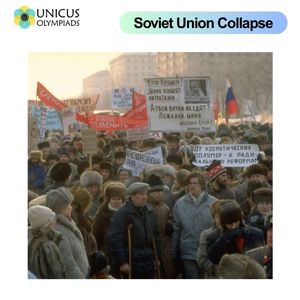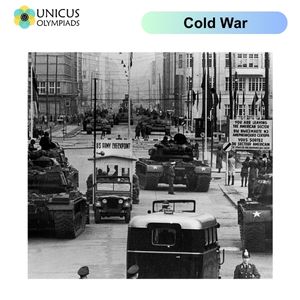

The collapse of the Soviet Union in 1991 marked the end of one of the most powerful and influential empires in modern history. It was a significant event that reshaped global politics, leading to the dissolution of the world’s largest communist state and the emergence of 15 independent republics. The fall of the Soviet Union was not the result of a single event but a combination of internal weaknesses, economic stagnation, and external pressures that accumulated over several decades. This article explores the primary factors that led to the collapse of the Soviet Union, including political, economic, and social challenges, as well as the role of key historical figures like Mikhail Gorbachev.

The Soviet Union was founded in 1922 as a socialist state based on Marxist-Leninist principles. Over the decades, however, the political system became increasingly rigid, and the ideological foundation of the regime began to erode. Several key political and ideological factors contributed to the collapse of the Soviet state.
Economic stagnation was one of the most significant contributing factors to the collapse of the Soviet Union. Despite being one of the world’s largest economies, the Soviet Union faced numerous structural problems that ultimately led to its downfall.
The Cold War rivalry with the United States and its allies added external pressure to the Soviet Union, contributing to its eventual collapse. The arms race, the cost of maintaining a global empire, and the growing dissatisfaction with Soviet governance all played a role in weakening the USSR’s position on the global stage.

Mikhail Gorbachev, the last leader of the Soviet Union, played a central role in both the reform process and the eventual collapse of the Soviet state. His policies of perestroika and glasnost were intended to revive the Soviet Union, but they ultimately contributed to its disintegration.

The collapse of the Soviet Union was the result of a combination of internal political, economic, and social factors, along with external pressures from the Cold War and global political shifts. The failure of Gorbachev’s reforms, economic stagnation, and the rise of nationalist movements within the republics all contributed to the disintegration of the Soviet state. The collapse marked the end of the Cold War and had profound implications for global politics, as it led to the emergence of new independent states and the reshaping of the global order. The Soviet Union’s collapse remains one of the most significant events of the 20th century, influencing the trajectory of international relations for decades to come.